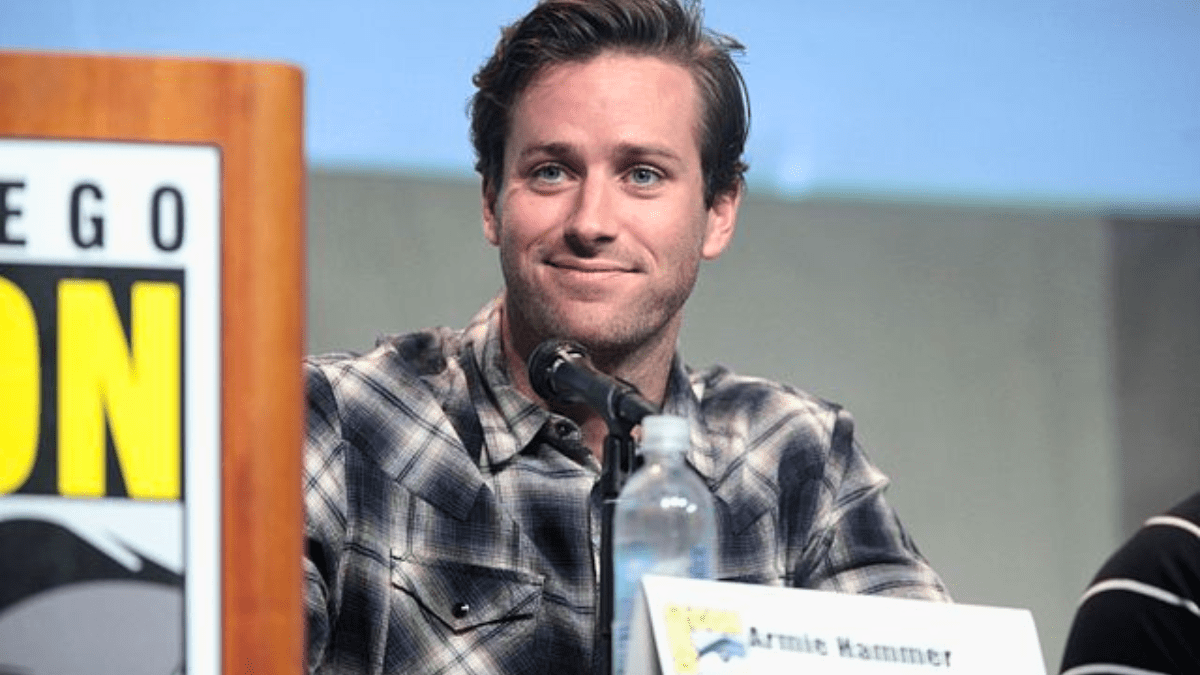Lisey’s Story, which premieres this June 4th on Apple TV+, is concerned with imagination. Not only to liberate the afflicted, exonerate the innocent and condemn the undeserving, but also to connect people. Stephen King always refers to a constant reader, who is ever present, consistently engaged and fully invested. From Carrie through to his Dark Tower anthology, that link to the organic act of creation is one he returns to time and again.
This fascination with creation breathes life into a supernatural story which is grounded by harsh realities. Family obligations, mental illness and blood-soaked backstories all intwine in a tale of dysfunction. Julianne Moore headlines opposite Clive Owen as her creatively conflicted other half, in a script adapted by King. Flashbacks make up a majority of the narrative as memories, moments and pivotal pieces of their history together are revealed.
Director Pablo Larraín unpacks the story with care, taking full advantage of the eight hours available to him. Introductions are comprehensive, locations fully exploited and characters given the time to bed in. Owen convinces as bestselling author Scott Langdon, while Lisey becomes another fully-formed figure in the hands of Moore.
A lifetime of fictions and ripping yarns are stacked floor to ceiling in an office space designed to induce envy. Elsewhere, an isolated farmhouse aesthetic melds with analogue technology and vintage vinyl. Sat alongside small town celebrity status and picturesque landscapes, Lisey’s Story paints an idyllic picture in which audiences can get comfortable.
Production designer Guy Hendrix Dyas mixes the ethereal, traditional and lower class living conditions in line with story demands. Adolescent escapism, adult realities and fantastical segues are all catered for in this deceptively complex drama. Imagination and memory combine as the series unfolds, charting Lisey’s decline into a form of creative psychosis.
With King at the helm of his own material, changing tone is never an issue. Other attempts have been historically scattershot in their approach, meaning that successes like Gerald’s Game are diminished by association with the sub-standard Salem’s Lot. Thankfully, Lisey’s Story morphs from family drama into supernatural thriller effortlessly.
Dane DeHaan turns up as another one of his anoraked obsessives, while Jennifer Jason Leigh goes toe-to-toe with Moore as Darla. Their on-screen dynamic is dynamite as the former plays envious, manipulative and resentful without ever grandstanding. That this relationship softens slightly over time as situations take a nasty turn shows the advantage of long-form television. Actress Joan Allen, meanwhile, makes up the last member of the triumvirate as Amanda, a catatonic catalyst and bone of contention between them.

Having brought two seasons of Castle Rock into being, producer J.J. Abrams is involved here as well, lending the show his personal touch. There’s an innate respect for this material which comes through in the opening credits. Production values are high and locations possess a lavishly lived in quality, and that carries through into the storytelling. By focusing on character and developing empathy across the board, acts of violence and examples of dysfunction all feel organic. Behaviours which might seem forced or fictitious in other television shows are observed, acknowledged and incorporated as Lisey’s Story elegantly unfolds.
Other realms feel relatable and crippling life experience adds pathos rather than settling for shock value. Broader debates are also addressed as the eternal question of nature or nurture is looked on with fresh eyes. Diabolical fictions are woven into this tale that confront the question head on, which some may find disturbing. These scenes are not there to increase viewing figures, but rather to open up the conversation and get people talking.
Lisey’s Story ties into the cliché that truly great creatives experience some type of emotional upheaval in their formative years, forcing them to seek validation. A train of thought backed up by numerous examples, yet undermined in equal measure by celebrities who made it to their twenties unscathed. Beyond that debate, King comes back time and again through these characters to the topic of creative origins.
What drives people to create is granted as much time and focus as anything that comes from the act itself. Fame, adulation and the repercussions of letting an idea loose in public are also open to interpretation. A line of debate which addresses the distinction between admiration and obsession as well, as audiences inherently identify with an author’s output. That King is able to translate these contemporary issues into a fireside fable, which is both appalling and enthralling, further cements his reputation as a masterful storyteller.








Published: Jun 2, 2021 02:17 pm